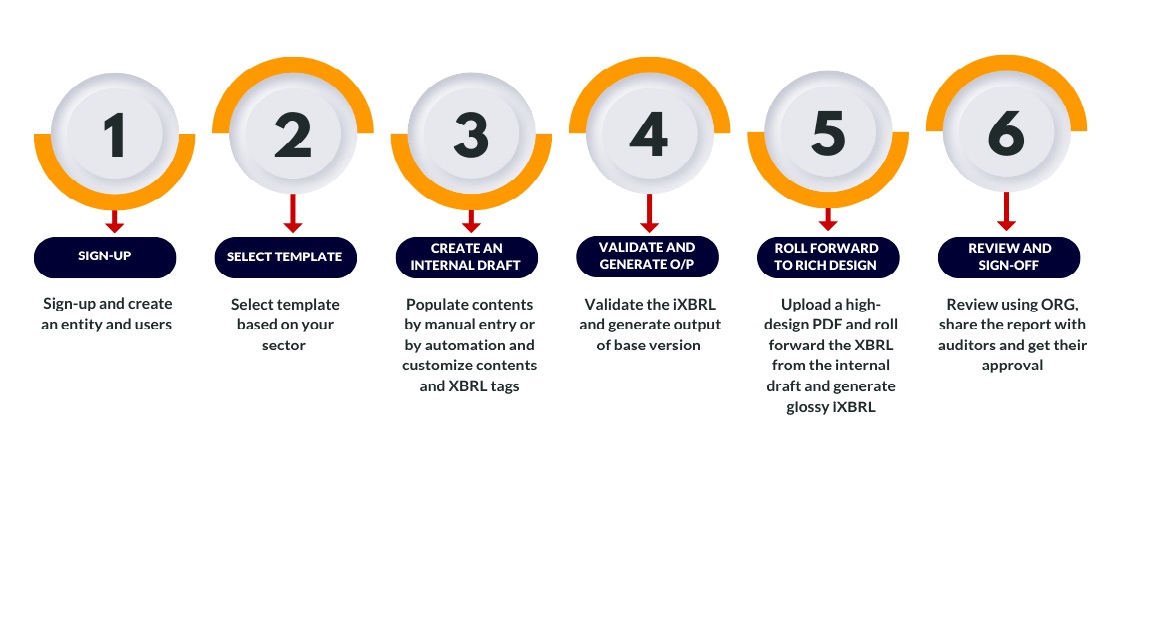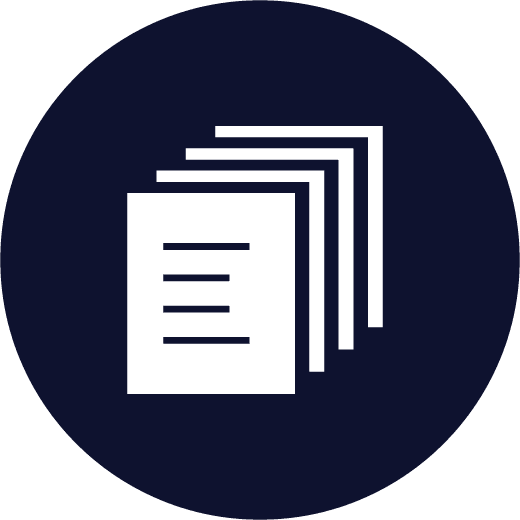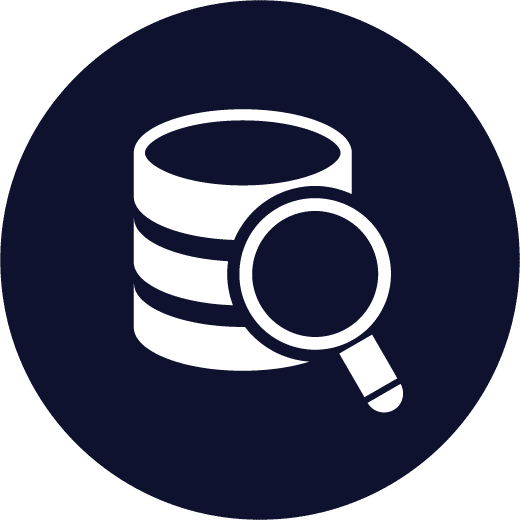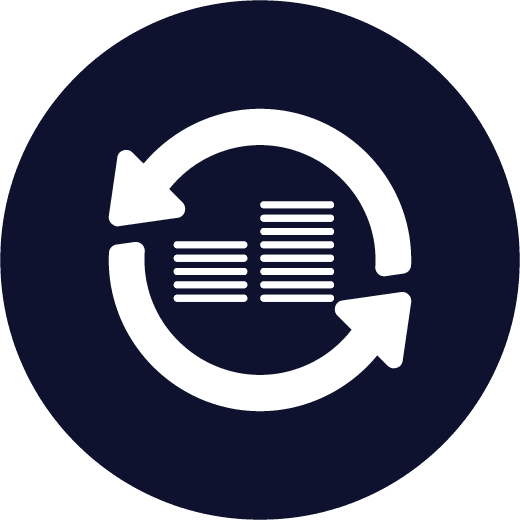Frequently Asked Questions
Given the increasing focus of investors on business profitability, it has become crucial for companies to ensure their activities are sustainable. Investments can have direct or indirect effects on the environment, climate, and give rise to social issues. In response to this concern, the European Union (EU) and the European Economic Area (EEA) have implemented control measures to monitor the Environmental, Social, and Governance (ESG) footprint. As a result, the requirement for ESG Reporting has emerged.
The phrase ESG Report also known as "ESG disclosure" or "sustainability reporting," refers to the financial and non-financial reporting directive of data about the operations of the Organization under EU ESG standards.
Europe has committed to becoming climate neutral by 2050. As a result, the European Commission is seeking entities to report under SFDR.
Such disclosure makes it a fantastic opportunity for entities to highlight their ESG policies, operations, and performance to share their goals with various stakeholders, including clients, lenders, employees, suppliers, and shareholders.
As per the Corporate Sustainable Reporting Directive, the regulatory bodies in the EU require companies to disclose the non-financial information of the organization to the investors, stakeholders, consumers, and policymakers on how they manage ESG risks and handle environmental challenges.
Why choose DataTracks ESG?
DataTracks developed ESG Software over two years ago for your business needs. With the capabilities to integrate with multiple data sources, to use predefined templates, to handle rich design layouts, and to review using ORG, DataTracks Rainbow offers a one-stop solution for quick and easy ESG reporting compliance.
EU ESG Mandate
An ESG mandate refers to an investment strategy focusing on Environmental, Social, and Governance (ESG) factors when selecting investments. In an ESG mandate, investors typically evaluate companies based on their environmental and social impact, as well as their corporate governance practices, in addition to financial performance.
ESG mandates are becoming increasingly popular among investors who seek to align their investments with their values and beliefs, as well as to manage risks and capture opportunities related to sustainability. ESG factors can impact a company’s long-term financial performance, and thus, incorporating ESG considerations into investment decisions can lead to better risk-adjusted returns over time.
In some cases, ESG mandates are driven by regulatory or stakeholder pressures, such as the EU’s Sustainable Finance Disclosure Regulation (SFDR) or investor demand for more responsible investment options. As a result, asset managers and other investment professionals are increasingly incorporating ESG considerations into their investment processes and developing ESG-focused products to meet investor demand.
An ESG mandate allows investors to integrate ESG considerations into their investment strategies and potentially contribute to positive social and environmental outcomes while seeking financial returns.
The Adoption of the EU Corporate Sustainability Reporting Derivative (CSRD)
The adoption of the EU Corporate Sustainability Reporting Directive (CSRD) is expected to significantly impact corporate sustainability reporting in the European Union (EU). The CSRD builds on the existing Non-Financial Reporting Directive (NFRD) and aims to create a more harmonized and practical framework for sustainability reporting by companies.
Under the CSRD, companies will be required to report on a broader range of sustainability issues, including climate change, biodiversity, and human rights, in addition to the environmental, social, and governance (ESG) factors already covered by the NFRD. The CSRD also introduces mandatory reporting requirements for certain companies that were previously voluntary under the NFRD and sets out more detailed reporting requirements, including digital reporting formats.
The CSRD is expected to improve the quality and comparability of sustainability reporting and to provide investors and other stakeholders with better information to make informed decisions. It is also likely to promote sustainable investment by creating a more transparent and consistent reporting framework and contributing to the EU's broader sustainability goals.
Objectives of Corporate Sustainability Reporting Derivative (CSRD)
Importance of ESG Reporting
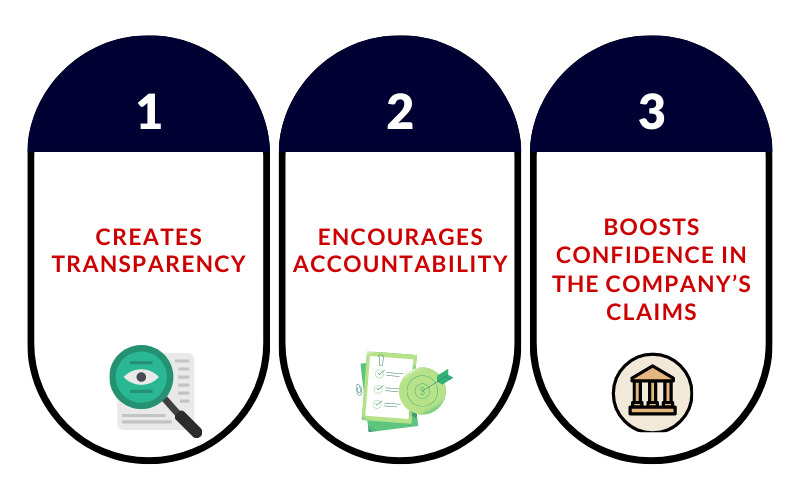
ESG Disclosure Information included.
1. Environmental:
Information about the company's waste management, greenhouse gas emissions, and water and energy usage.
2. Social:
Information on your organization's initiatives to promote diversity, labor practices, and community engagement.
3. Governance:
This includes information about your company's compliance, political donations, board composition, and diversity.
Schedule A Demo
